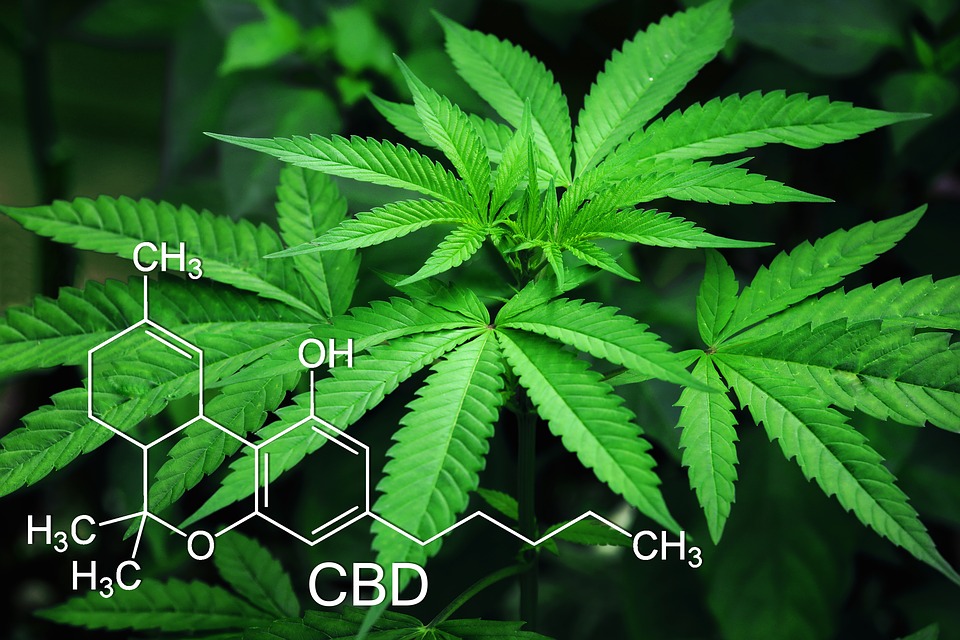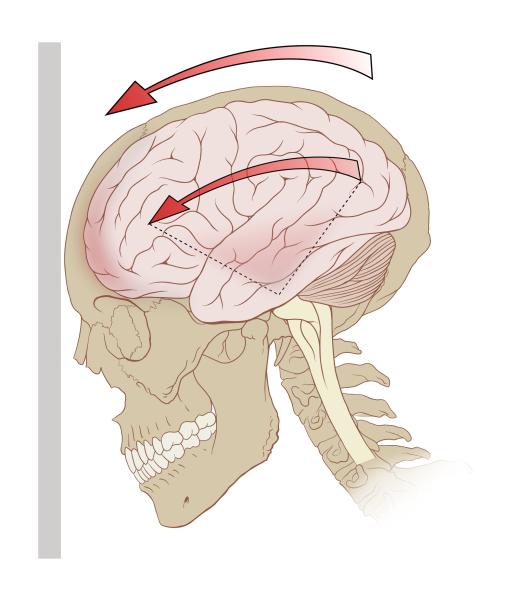Did you know about the idea to develop a pill to treat the effects of concussions? If you weren't aware, this effort has apparently been going on for years.
And one potential treatment involves the use of cannabidiol, which is derived from marijuana plants.
Perhaps you heard about this under the heading of a "concussion pill," as a search using that phrase produces results – from sources of all kinds, from medical websites to pot journals. The Technology Review from the Massachusetts Institute of Technology wrote about a "potential pathway to a drug to save people from the progressive damage of severe or repeated concussions." That was in 2015.
This summer, a headline declared that the pill "shows promise in a pre-clinical pilot study," while just last week one of the project's primary researchers, Dr. Gillian Hotz, is reportedly researching whether a cannabidiol-type pill could be used to treat South Florida high school football players victimized by concussions.
 The hypothesis is that cannabidiol, or CBD, combined with an anesthetic, can reduce brain inflammation after a concussive event, as well as relieve the pain and headaches associated with brain injuries. Researchers from the University of Miami, Dr. Hotz, among them, who is the study's principal investigator, received a $16 million grant in 2016 to conduct a study that's expected to take five years. As one might imagine, there's still a ways to go.
The hypothesis is that cannabidiol, or CBD, combined with an anesthetic, can reduce brain inflammation after a concussive event, as well as relieve the pain and headaches associated with brain injuries. Researchers from the University of Miami, Dr. Hotz, among them, who is the study's principal investigator, received a $16 million grant in 2016 to conduct a study that's expected to take five years. As one might imagine, there's still a ways to go.
"We're really interested in looking at the effects of CBD -- cannabinoid," said Dr. Hotz, professor of neurological surgery and director of the University of Miami’s Concussion program at its Sports Medicine Institute, speaking to Miami's WLRN-TV. "We hear a lot about medical marijuana and the positive effects this has but nobody's really studied it and we know that CBD is really good for pain, anxiety and headache.
"So why not do a systematic review of this and really find out if this something good that we could be using?," she added. "We really are at the beginning of studying this. We're just in preclinical."
The recent findings showed cognitive benefits in mice, with the CBD-anesthetic combination being more effective than treatments involving just one component. Researchers soon hope to run a small, controlled study involving humans using the compound in pill form. If that goes well, eventually a full-scale clinical study will follow.
"Our concussion protocol includes education and training," said Dr. Hotz. "One thing has eluded us — a clinically proven medication to treat concussion."
These researchers are also trying to perfect a tool – virtual reality goggles – that can diagnose concussions, given that current methods to do so are subject to error and full of guesswork. They hope that being able to identify concussive events with near-accuracy will make any potential concussion pill, when prescribed, even more effective.




